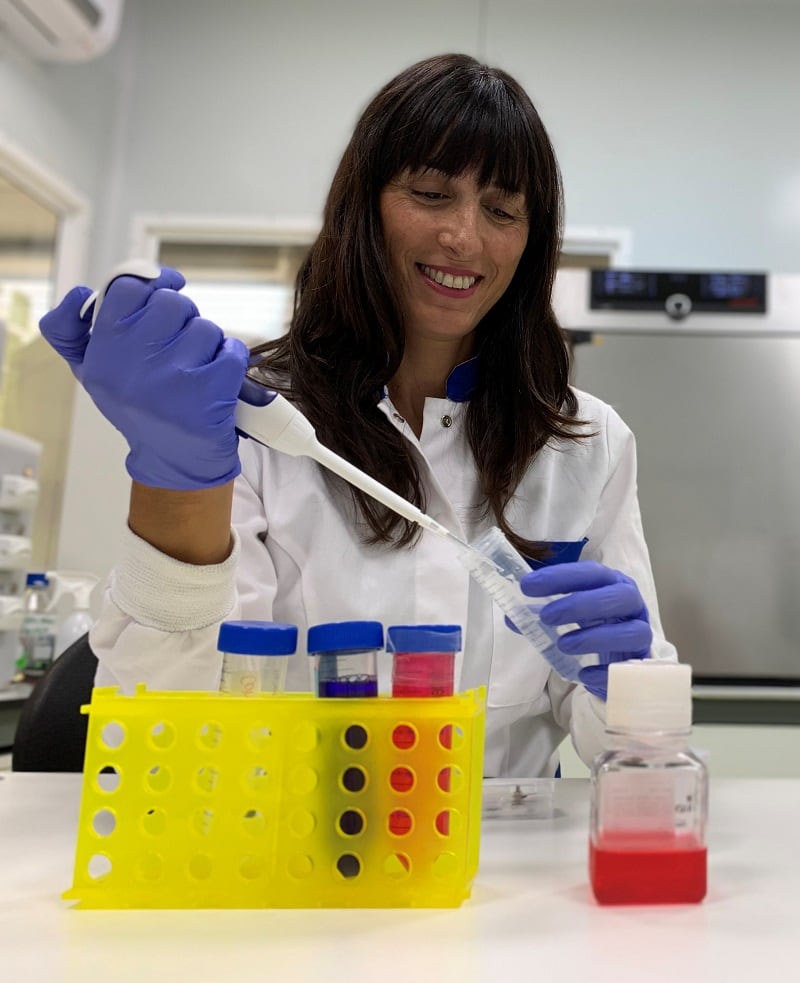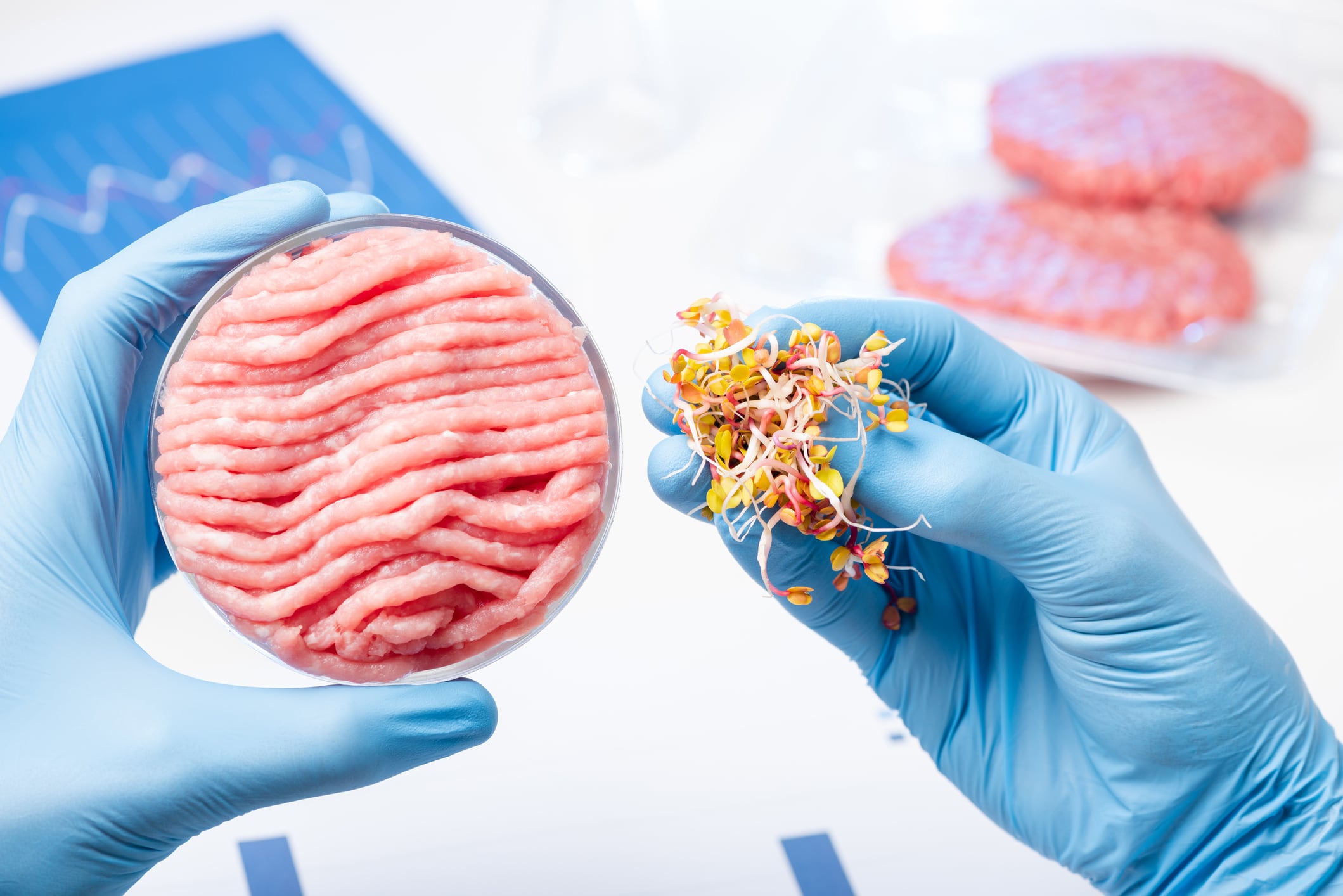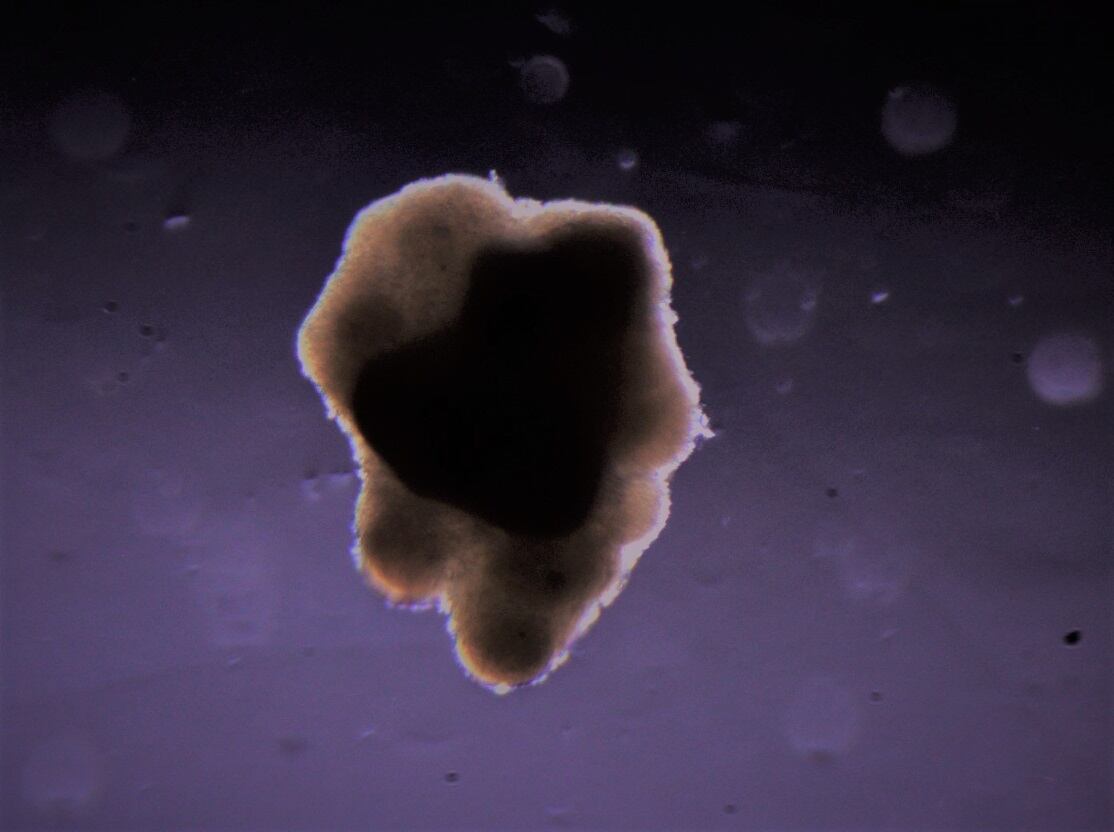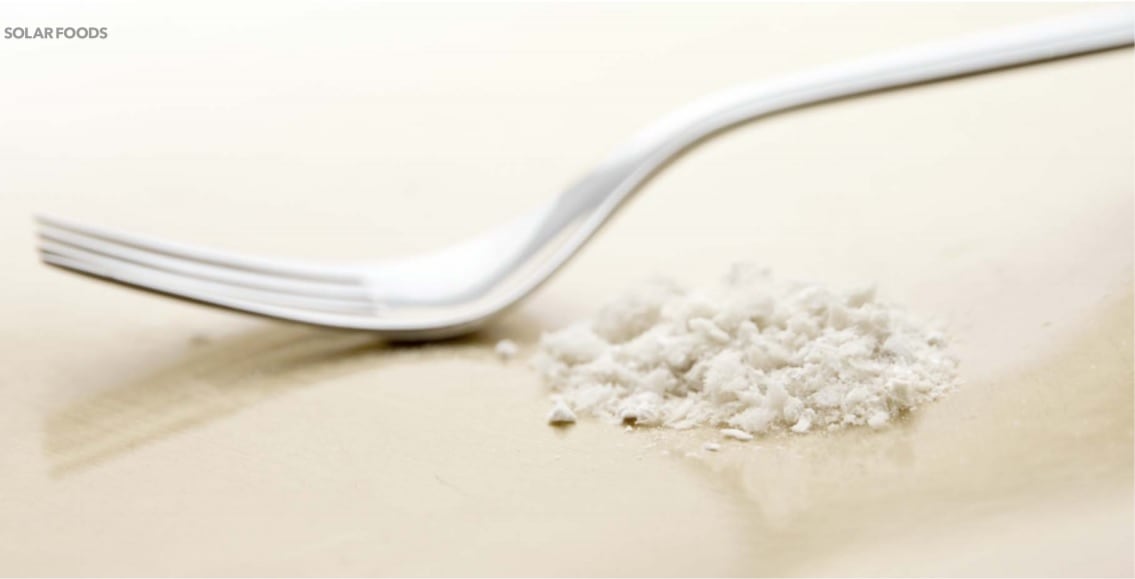Will, as some estimate, 35% of all protein consumed in the world by 2040 really come from cultured meat?
Iñigo Charola certainly thinks so. As co-founder and CEO of Biotech Foods, a Spanish cultured meat supplier, of course he is of the view that the sector is a growing one. But what’s interesting is that his optimism is based on his belief that it is consumers fuelling it. Meat eaters want to enjoy the same diet, but without the environmental and animal cost attached. Cultured meat offers a solution to this dilemma.
“Predicting the future is very hard, but for sure there is a trend from consumers demanding this kind of product,” Charola told FoodNavigator. “Traditional factory farming accounts for 15% of all greenhouse gas emissions and that's something the world has to tackle for sure.” Coupled with the anticipated global population increases it means 'we really need alternatives’.

While some would like to see this tackled via a focus on agro-ecological farming and sustainable sources of pasture fed grazing animals, or via all out veganism, Charola said "there are other sources of protein needed to compliment the necessary intake by humans and that cannot be met by plant-based only or traditional meat only”.
Biotech Foods, which founded in 2017, makes cultured meat in which animal tissue is grown in a controlled environment using cell culture technology, which it sells to food processors to use in a wide variety of applications including sausages, burgers, nuggets, meatballs, even cooked ham, targeting flexitarian eaters.
It went down the B2B route, explained Charola, as it is the meat processors themselves that have the best knowledge to transform the protein into products and market those products to consumers.
How is it made?
In order to grow meat from the animals' muscle cells in the laboratory, animal cells are extracted -- in Biotech’s case, from pork (no pigs are killed in the process) - and placed in a breeding medium. This is then placed in a bioreactor, similar to that used for the fermentation of beer or yogurt, which supports the growth of muscle tissue fibers.
As long as the cells stay alive after being taken out of the animal they will be able to produce muscle cells if maintained in the right environment and fed correctly. Biotech’s animal cells are kept in atmosphere of 37 degrees. They are fed minerals, salt and protein in order to keep growing and developing tissues. These tissues become the cultured meat.
"This is a totally natural process,” stated Charola, though he admitted it may sound ‘kind of weird’ but only because it is a new process for the production of food.
“There is no genetic modification or synthetic chemicals involved. They are all natural ingredients and nutrients that you give the cells to feed them. It’s a very similar process to other food processes that we are pretty aware of, like cheese or yoghurt or even wine or beer.”

Charola’s collegue, Mercedes Vila, Biotech’s CTO and founder added: “This is just another natural process. We are not used to it and that's why it sounds weird to many people but it doesn’t mean it’s not a natural process. We just have to teach people how it works and then they will see that it is natural. We think in time people will understand it.”
The start-up is similarly confident about scaling up, thanks to the fact the equipment already exists in other industries. The equipment that is used and the nutrients that you use to feed the cells are “already used in the pharmaceutical industry and it is produced in high volumes from non-animal sources,” said Charola.
The resulting animal protein paste has a neutral taste. That’s an advantage for both Biotech and its clients, suggested Charola. “If you take the plant-based industry, the most important issue they had for a long time was being able to remove the taste from the plant-based protein to be able to create products that tasted like meat. In our case, the cultured meat has no taste at all. That's an advantage because then you have the ability to transform the animal protein into processed foods where the flavour and taste is added afterwards.”
There are a huge number of people willing to accept this in their diets, he believes. "We did our own market research in Spain. We asked more than 1,000 consumers and found there were more people willing to accept cultured meat in their diet than were against it.”
‘The trend is what consumers are demanding’
This fact will help the company, which has global ambitions, negotiate the regulatory challenges faced by cultured meat suppliers. The European Food Safety Authority’s regulation on novel foods, for example, which specifically includes cultured meat, established a process of around 18 months in which a company has to prove the product is safe.
“The trend is what consumers are demanding,” continued Charola. “Consumers are demanding products that are more sustainable, provide animal wellbeing, are safe from pandemic risks, and are healthy in order to avoid obesity and other illnesses. In over three years of existence we have been in contact with many meat processors and we never have met anybody who is not in line with this trend. Everybody accepts this is happening.”





